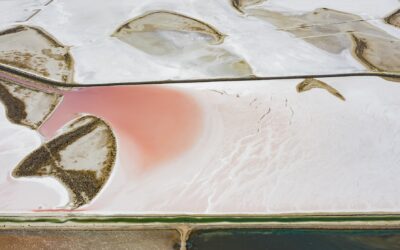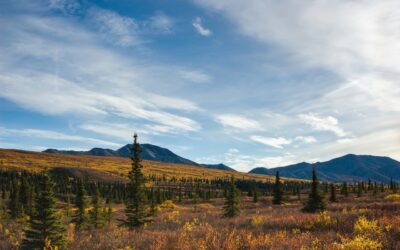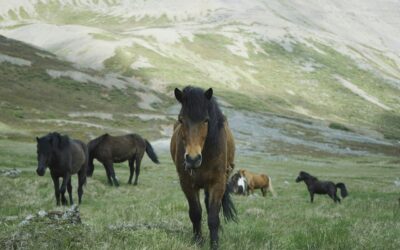MOVING EARTH
The Environmental Physiotherapy Association Blog features regular news, events and ideas on all things Environmental Physiotherapy.
The contributions presented in this blog do not necessarily represent the opinions and values of the Environmental Physiotherapy Association as such. Rather, they represent the thoughts and work of contributing authors and through these, an open and ongoing discussion of what an environmentally aware and responsible is, could and should be.
Please use our contact form if you are interested in contributing to Moving Earth: The Environmental Physiotherapy Association Blog. Contributions in any language and any format on all potentially related topics welcome! Please see our contribution guidelines at the bottom of this page. We appreciate your help in developing and advancing an environmentally aware and responsible physiotherapy profession across research, education and clinical practice.
Seeing as caring part three: Reconcile
Reconciliation in my art didn’t arrive as a grand revelation. It came as a slow, uncomfortable noticing that I was being pulled in opposite...
Seeing as caring part two: Deliberate
In science, we use large datasets to learn things. Single-case studies are placed low on the pyramid of evidence and are valuable, but are...
Seeing as Caring part one: Witness
My artwork is a product of intuition. I am unable to preconceive of an image and make art reliably. It has to come from a place I cannot speak to...
What If They Fixed It? Part 2: Seeds of Tomorrow
A fictional, but not impossible, story based on a future that could be if current science and research-backed solutions to climate change were...
Explorations at the Intersection of Art and Planetary Health
Art remains a threatened and undervalued aspect of the scientific world, with many failing to appreciate its crucial role in communicating and...
【開催レポート】環境理学療法座談会 in Japan 2025
~気候危機がもたらす臨床の変化と、リハビリテーション専門職の新たな役割~ 2025年11月20日(木)、環境理学療法協会(Environmental Physiotherapy Association: EPA)が主催する「EPA regions roundtables in...
Embedding Sustainability in Physiotherapy Education – A CSP Webinar
Physiotherapists are not only health care practitioners, they are also health advocates. When we understand that the wellbeing of people and the...
A report from The Uprising – our 2025 regional roundtables event
Since the EPA's very beginning, we have been interested in developing environmental physiotherapy in ways that are representative and meaningful to...
Can Nature help manage the physical consequences of chronic diseases?
Chronic diseases, which affect the majority of older adults in Canada, often lead to fatigue, reduced mobility, loss of strength and endurance, and...
Animal Physiotherapy
Animal physiotherapy began with surprising enthusiasm, supported from its earliest days by none other than Lord Mountbatten (1939). It began to gain...
Environmental Physiotherapy Education Podcast
Environmental Physiotherapy on youtube
Text, video, audio, image and other types of contributions in any language are all welcome.
If you contribute a text, we will need the following:
Text: 250-1000 words to be sent in a word doc. The text cannot contain numbered/bullet point lists.
Images: Please provide 3-5 jpg images that are relevant to your text. The images should have horizontal alignment, high resolution, and either be from your private collection or licensed as ‘free to share and use’. Do not embed the images in a text file. Send them as individual email attachments.
Clearly name one of the files ‘header image’ – this will be sitting at the top of your post, right under the heading.
The EPA will not publish AI generated images.
Please make sure all images come with relevant citation information, including even a specific image link if they are downloaded from a website.
References: Use of references is possible, but not mandatory (always depends on your topic). If you use references, please do so using APA7th.
AI declaration: Please state clearly and in a separate section if and how AI was used in the creation of your blogpost. If you have not used AI to generate your text, please state this clearly.
Regardless of contribution type, for the author info box, please also send us
A profile picture of yourself (vertical alignment, sent as separate email attachment)
Your current title and role
Max 40 word (2 sentences) text about yourself (check existing blogposts for some examples)
Your Linkedin handle (if you have one; alternatively a website through which people can find how to contact you)
We appreciate your effort and support in developing and advancing environmental physiotherapy in all of its facets, and look forward to reviewing your draft contribution!










